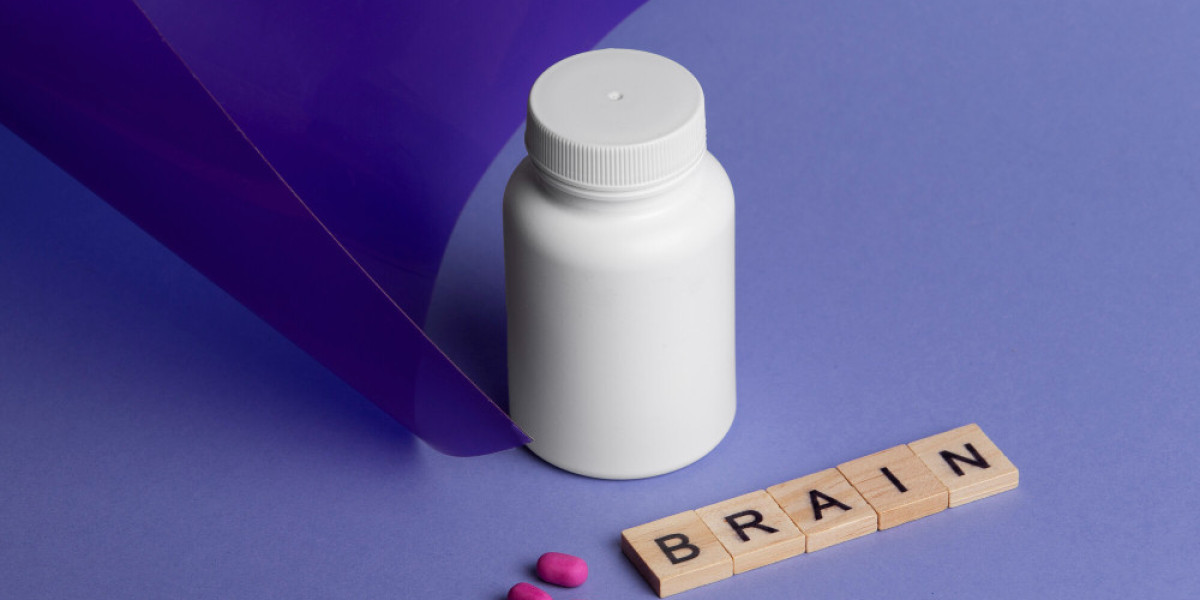These supplements, also called nootropics, are designed to improve memory, focus, creativity, and overall cognitive health. While there is growing interest in their benefits, there is also a lot of debate about how effective they truly are and what users should know before adding them to their daily routine.
What Are Brain Supplements?
Brain supplements are natural or synthetic substances that claim to enhance cognitive performance. They often contain a mix of vitamins, minerals, herbal extracts, amino acids, and omega-3 fatty acids. Some popular ingredients include:
Ginkgo Biloba: Believed to improve blood flow to the brain, supporting memory and mental clarity.
Bacopa Monnieri: Traditionally used in Ayurvedic medicine to boost learning and reduce anxiety.
Omega-3 Fatty Acids (DHA and EPA): Essential for brain cell health and communication.
L-Theanine: An amino acid found in green tea, known for promoting relaxation without drowsiness.
Caffeine: A well-known stimulant that boosts alertness and concentration.
These ingredients are often combined into formulas marketed toward students, professionals, and older adults who want to maintain sharpness as they age.
Benefits of Brain Supplements
Brain supplements can provide a wide range of potential benefits, depending on the ingredients used and the individual taking them.
Memory Support: Supplements containing Bacopa Monnieri or Ginkgo Biloba are often marketed for improving recall, especially in aging adults.
Improved Focus: Many supplements help users stay concentrated on tasks, reducing distractions and mental fatigue.
Enhanced Mood and Stress Reduction: Ingredients such as Ashwagandha or L-Theanine may help regulate stress and support a calmer mindset, which indirectly improves cognitive performance.
Long-Term Brain Health: Omega-3 fatty acids and certain vitamins like B6, B12, and folate contribute to brain cell health, reducing the risk of age-related decline.
While these benefits sound promising, it’s important to remember that supplements work best alongside a healthy lifestyle, including good nutrition, regular exercise, and adequate sleep.
Limitations and Considerations
Despite the popularity of nootropics, they are not miracle pills. Results can vary greatly from one person to another. Some may feel a noticeable improvement in focus and clarity, while others may see only minimal effects. Several factors influence outcomes, including diet, genetics, sleep quality, and overall health.
Another limitation is that not all brain supplements are backed by extensive scientific research. Some ingredients have strong clinical support, while others rely on anecdotal evidence or small studies. This lack of consistency can make it difficult for consumers to know which products truly work and which are mostly marketing hype.
It’s also essential to be cautious about potential side effects. Natural does not always mean risk-free. For instance, high doses of Ginkgo Biloba may thin the blood, increasing bleeding risks. Likewise, excessive caffeine can cause jitters, insomnia, or increased heart rate. This is why consulting with a healthcare professional before starting any supplement is recommended.
Choosing the Right Brain Supplement
With so many options on the market, how can you choose a supplement that genuinely supports cognitive health? Here are a few tips:
Check the Ingredients: Look for clinically studied ingredients and avoid products with vague or proprietary blends that don’t disclose dosages.
Read Reviews and Research: While reviews should be taken with caution, they can offer insight into real user experiences.
Third-Party Testing: Reputable brands often have their products tested for purity and quality by independent labs.
Personal Needs: Someone looking for short-term focus may choose a caffeine-L-theanine combination, while another person seeking long-term memory support might prefer omega-3s or Bacopa Monnieri.
When exploring different products, many consumers come across questions such as, Does Youthful Brain Really Work? The effectiveness of any single supplement depends on its formula, the quality of its ingredients, and the individual using it. Some users may report noticeable improvements, while others may not see significant changes. This highlights the importance of careful selection and realistic expectations.
The Role of Lifestyle in Brain Health
Supplements should never replace healthy habits. Nutrition plays a huge role in cognitive performance, with foods like blueberries, leafy greens, fatty fish, and nuts providing essential nutrients. Regular exercise increases blood flow to the brain, while mental exercises—like puzzles, reading, or learning new skills—help keep the mind active and resilient.
Sleep is another critical factor. Even the best supplement cannot make up for chronic sleep deprivation, which impairs memory, attention, and decision-making. Stress management techniques, such as meditation or yoga, can also support better cognitive health.
Final Thoughts
Brain supplements can be a valuable tool for enhancing mental clarity, focus, and memory, but they are not one-size-fits-all solutions. Their effectiveness depends on the ingredients, quality, and how well they complement your overall lifestyle. While some people may notice significant improvements, others might see only subtle changes.
If you’re considering trying a brain supplement, research thoroughly, consult a healthcare professional, and maintain healthy lifestyle practices. Together, these efforts can maximize your chances of supporting long-term brain health and mental performance.



